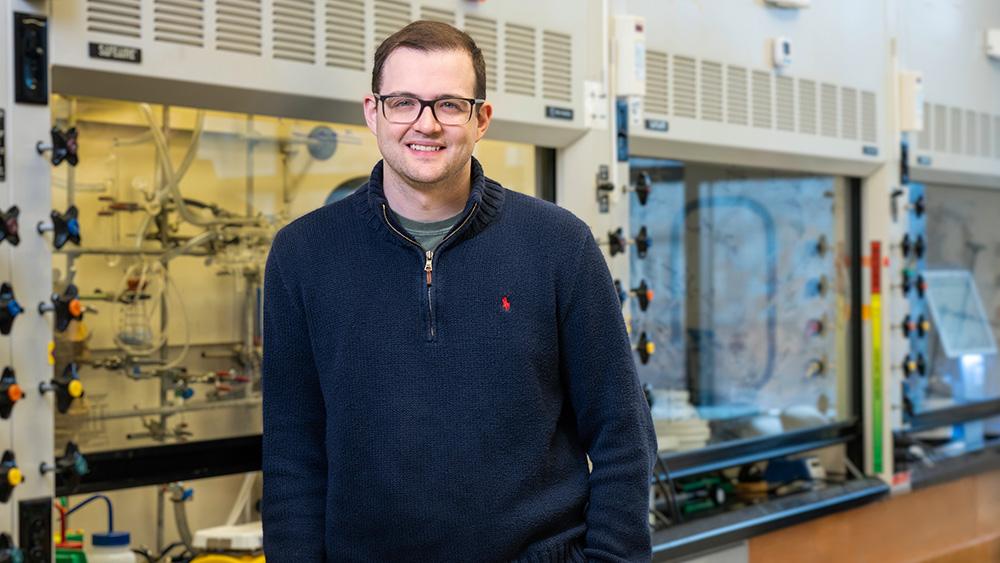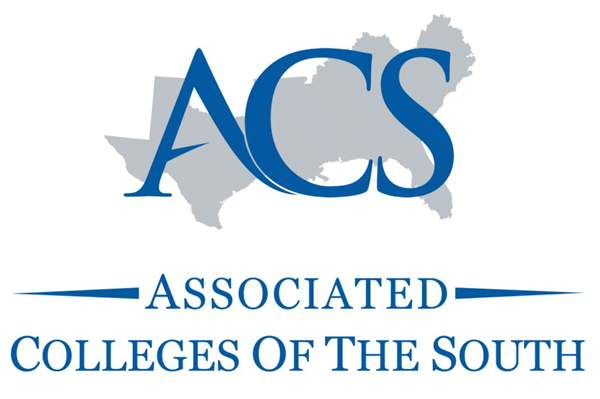
Christopher Shugrue, a chemistry professor at the University of Richmond, has received a $55K grant from the American Chemical Society to advance his organic chemistry research focused on peptides.
Peptides are small proteins derived from the 20 natural amino acids and are used as therapeutics in the treatment of cancer, diabetes, and infections. Making chemical modifications on peptides to improve their efficacies as medicines is challenging because these amino acids are structurally complex and contain many reactive functional groups. Peptides also require water to dissolve and function properly, and many synthetic methods are not compatible with these conditions.
Shugrue’s ACS-funded two-year project — Development of Mild and Rapid Cycloadditions of Electron-Rich Oxazoles — will focus on designing rapid chemical transformations in water to modify peptide medicines.
“While peptides are a promising alternative to traditional small molecule medicines, chemical modifications to their natural sequences are often required in order to enhance their therapeutic activity,” said Shugrue, whose research focuses on the intersection between organic chemistry and chemical biology.
“This research will not only allow students to contribute to the advancement of peptide therapeutics but also expose students to current challenges in synthetic methods, bioorganic chemistry, and environmental sustainability,” Shugrue said.
Funds from this grant will support a summer salary for Shugrue and two summers of undergraduate research allowing students the opportunity to participate in this research.
Shugrue has taught at the University of Richmond since 2021. He completed his bachelor’s degree at College of the Holy Cross and received his Ph.D. from Yale.
